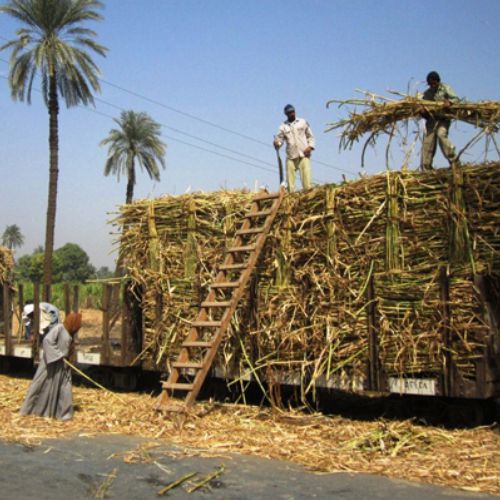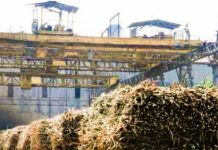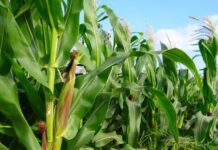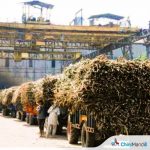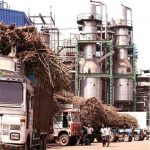The Kenyan government has revived the Kenya Sugar Board through the enactment into law Sugar Bill 2022, aiming to rejuvenate the struggling sugar industry, reported The Kenyan Wall Street.
Previously, the board’s roles had been transferred to the Sugar Directorate within the Agriculture and Food Authority under the Crops Act, 2013. However, ineffective management since then has led to numerous problems, including delayed payments to farmers, rising production costs, poor company management, and inadequate control over imports and exports.
The new law sets the stage for industry reforms by tackling issues such as rising sugar production costs, shrinking land dedicated to sugar farming, limited markets, and a lack of research and development in cane farming. Under the revamped Kenya Sugar Board, the body will regulate, develop, and promote the sugar sector, coordinate stakeholders, contribute to policy development, and work with government and research bodies. New provisions include licensing requirements for both mills and jaggery operators, guidelines for sugar imports, and an arbitration tribunal to resolve disputes among farmers, millers, and other industry players.
The Board’s responsibilities will also include overseeing trade, advising sugarcane growers, setting price regulations, licensing mills, and conducting market surveillance. It will also appoint qualified crop inspectors to enforce regulations in the sector.
The board will receive structured funding through allocations from the National Assembly and a Development Levy, capped at 4 per cent of the domestic sugar value and CIF of imported sugar. The funds will be allocated as follows: 15 per cent for factory development, 15 per cent for research, 40 per cent for improving cane productivity, 15 per cent for infrastructure in sugar-growing areas, 10 per cent for board administration, and 5 per cent for sugarcane farmers’ associations.
Further, it establishes the Kenya Sugar Research and Training Institute to lead in research, innovation, as well as access to sugar technologies. This shall be under a nine-member board with a member nominated by the Cabinet Secretary holding a senior position there.
The sugar industry, according to the Ministry of Agriculture, supports the livelihoods of 17% of people in Kenya, its source of income and employment for households across 15 counties, especially in Nyanza, Rift Valley, Western and Coastal regions. The industry currently possesses a capacity to produce over 1.3 million metric tonnes of sugar annually, enough to meet domestic demand, but production now only uses 70% of its processing capacity.
For detailed information and further insights, please refer to Chinimandi.com, which provides news about the Sugar and Allied Sectors

